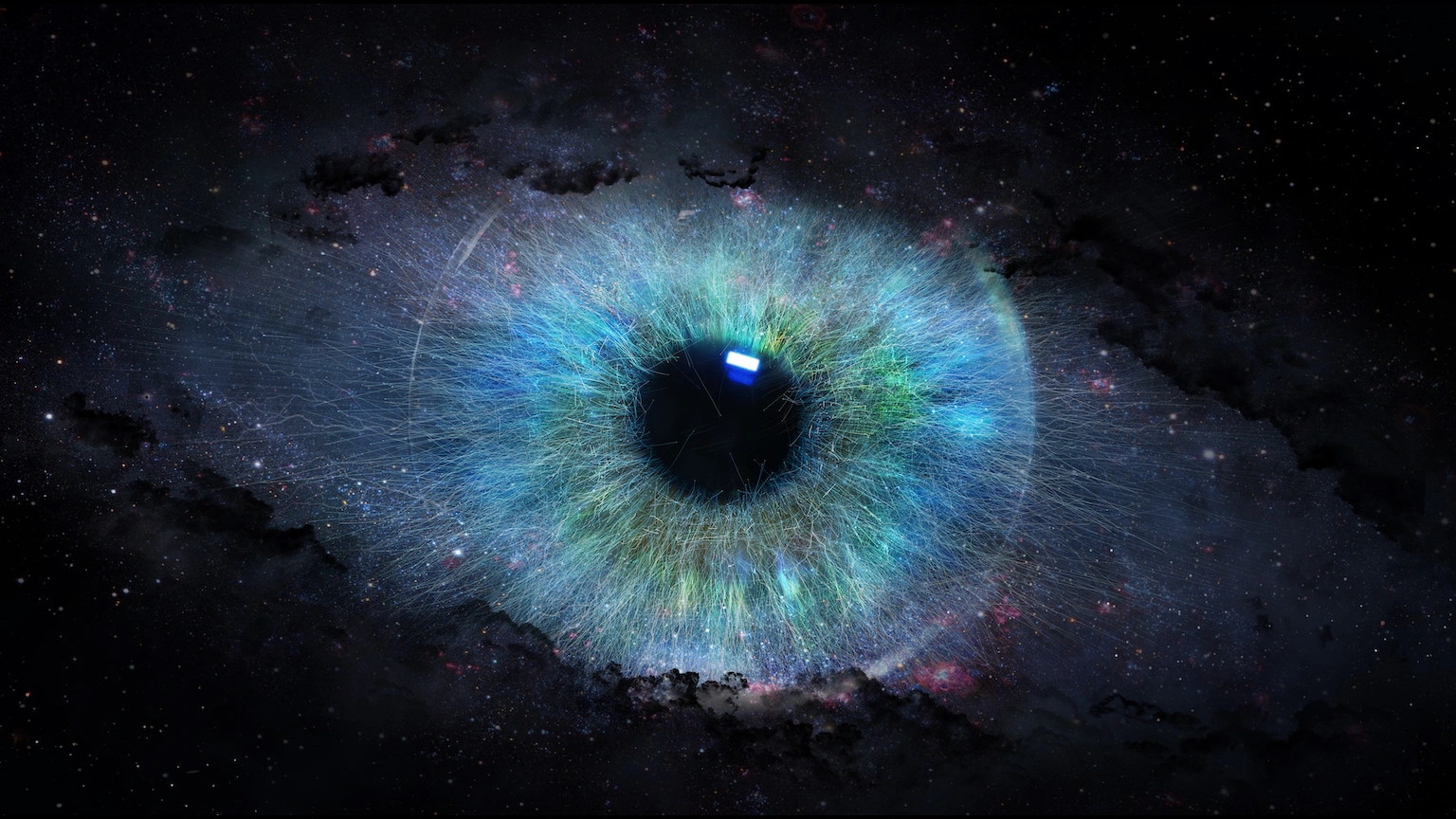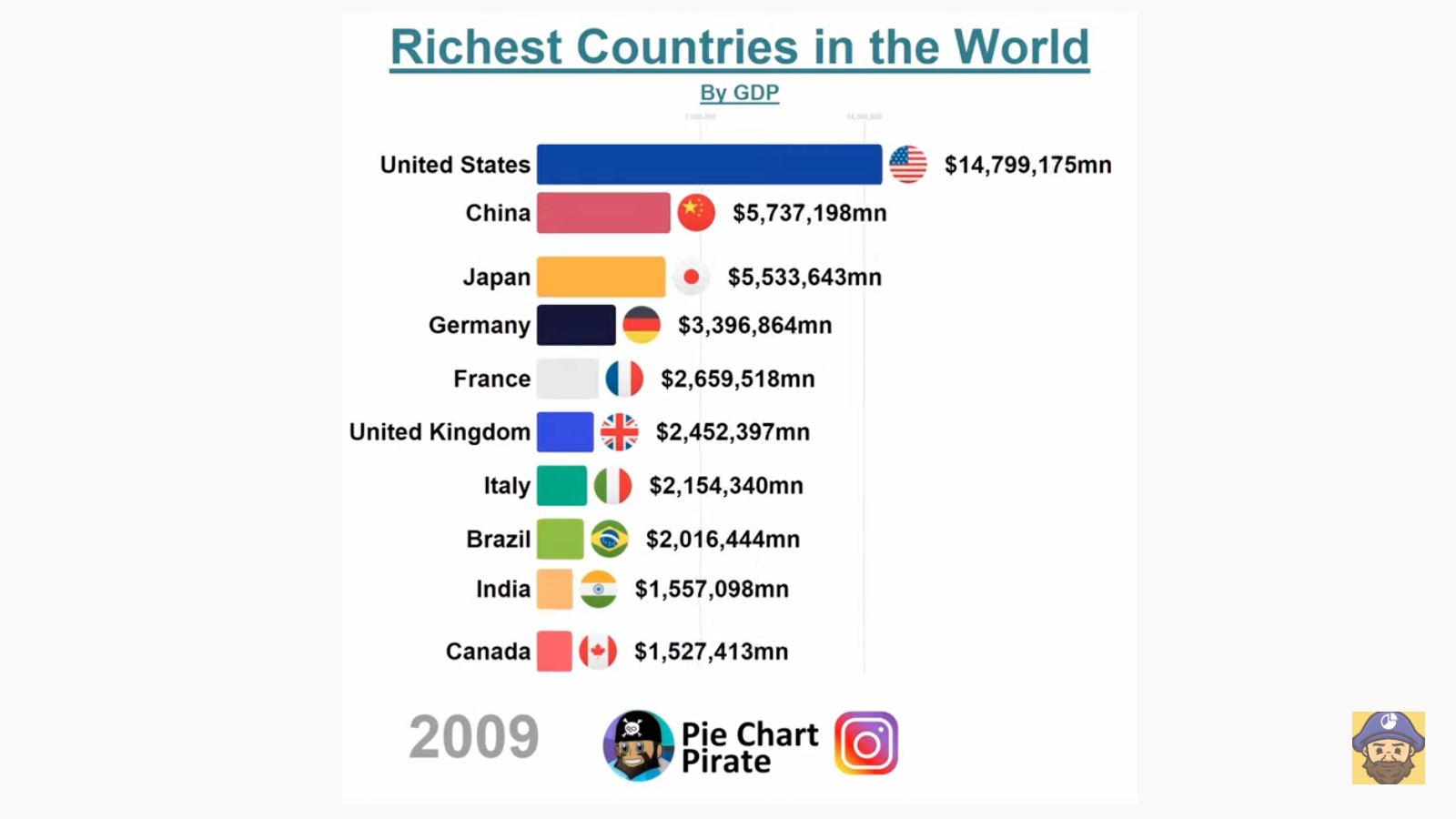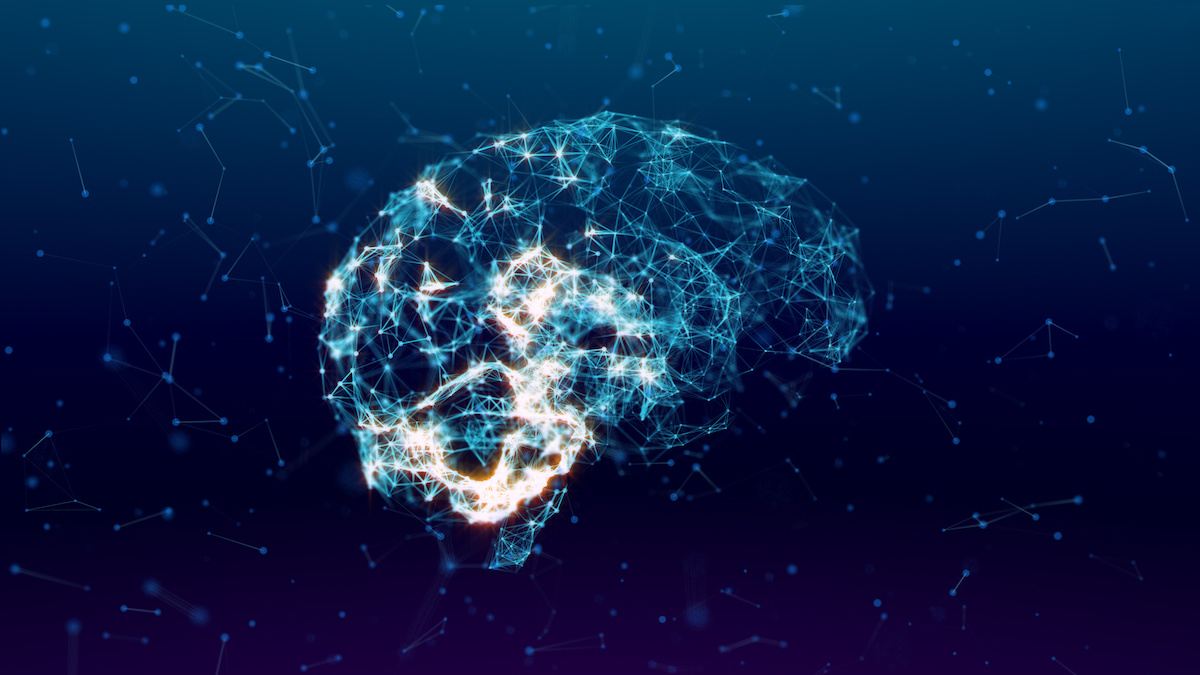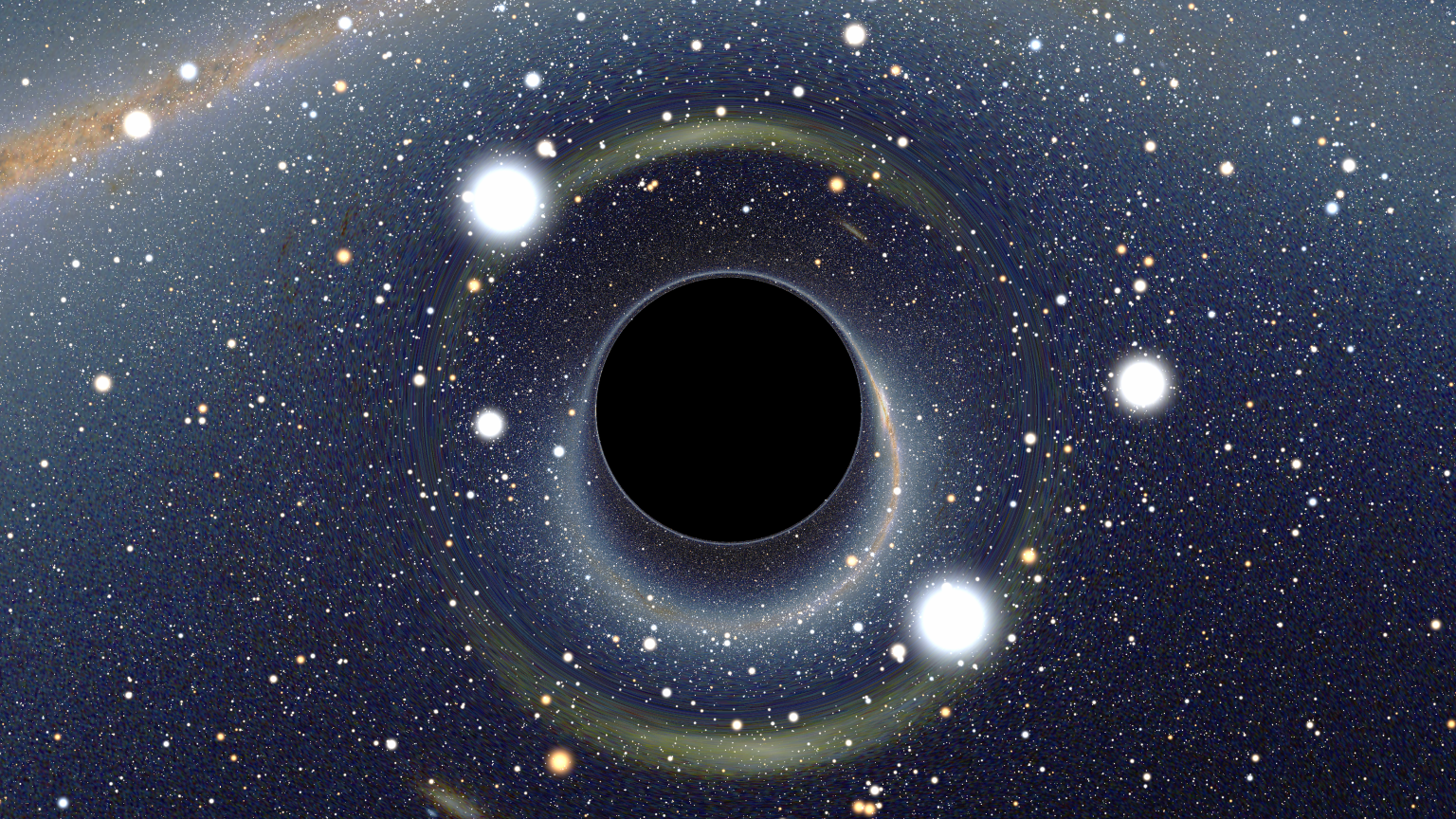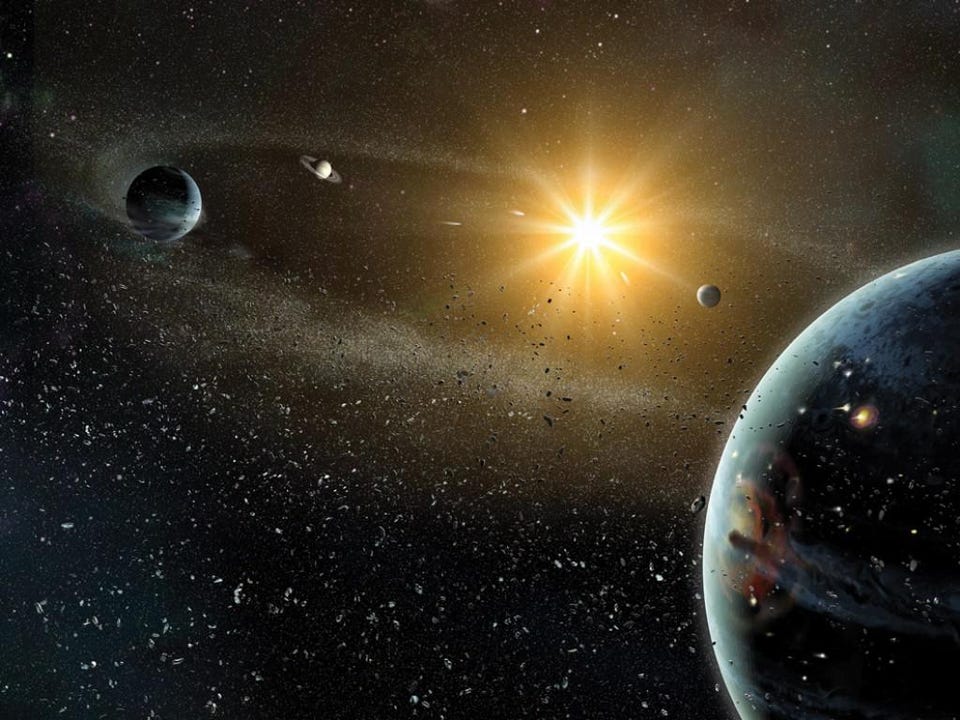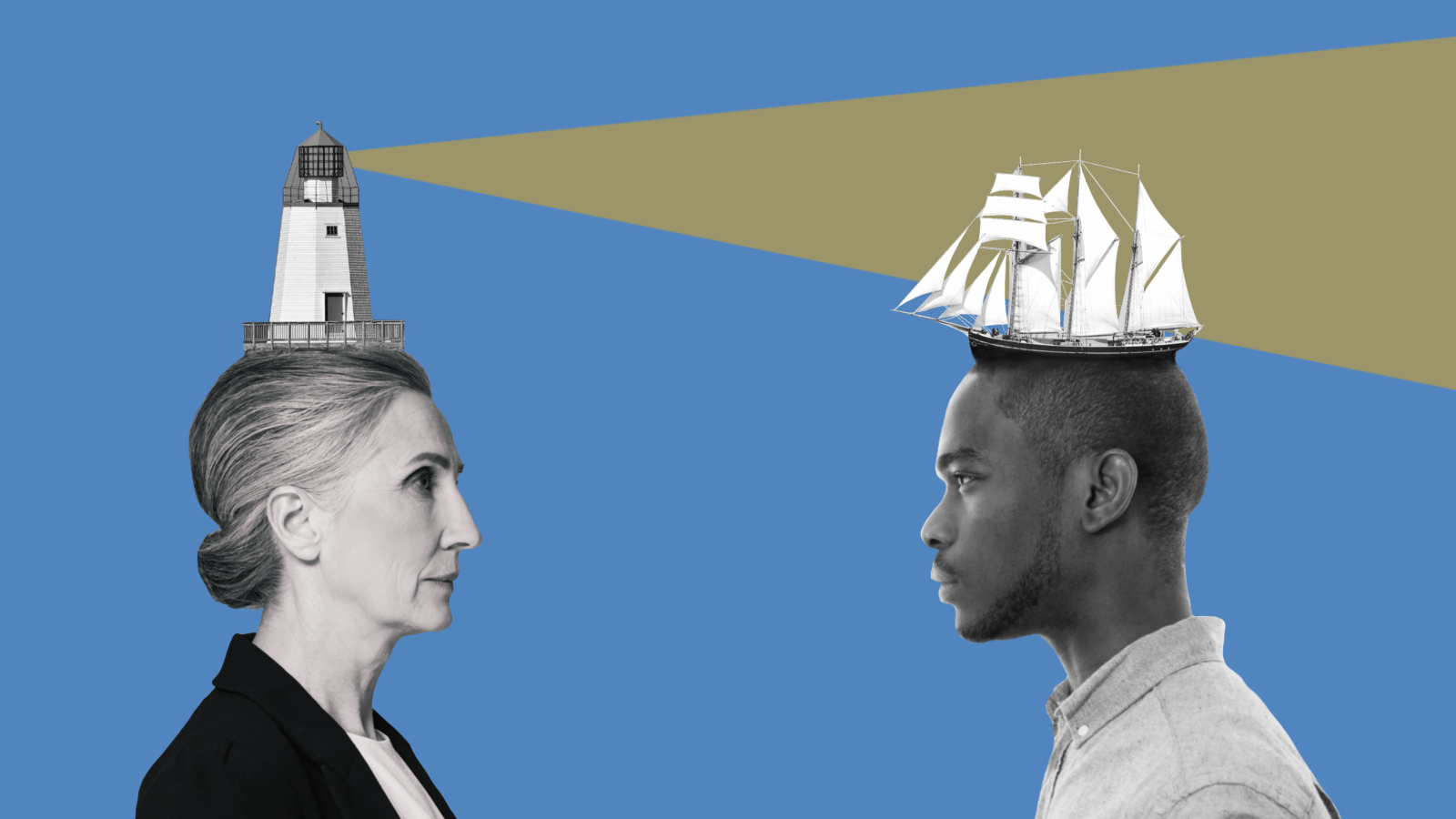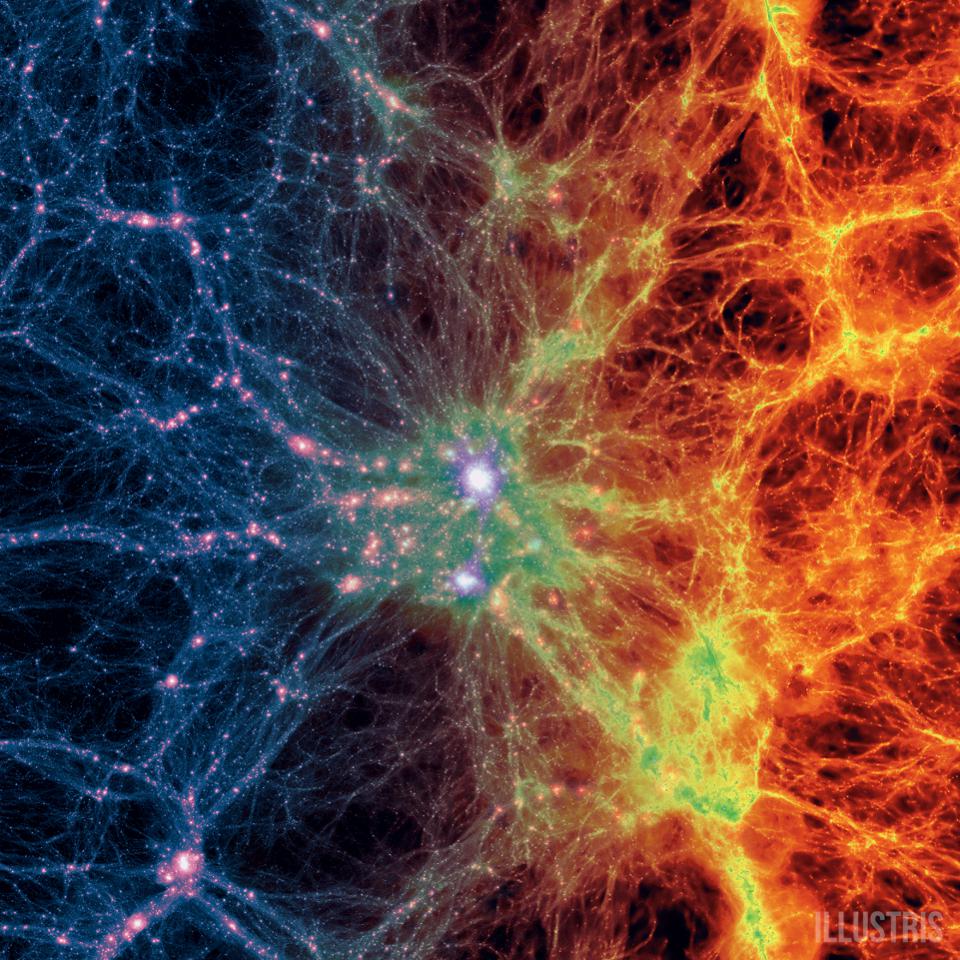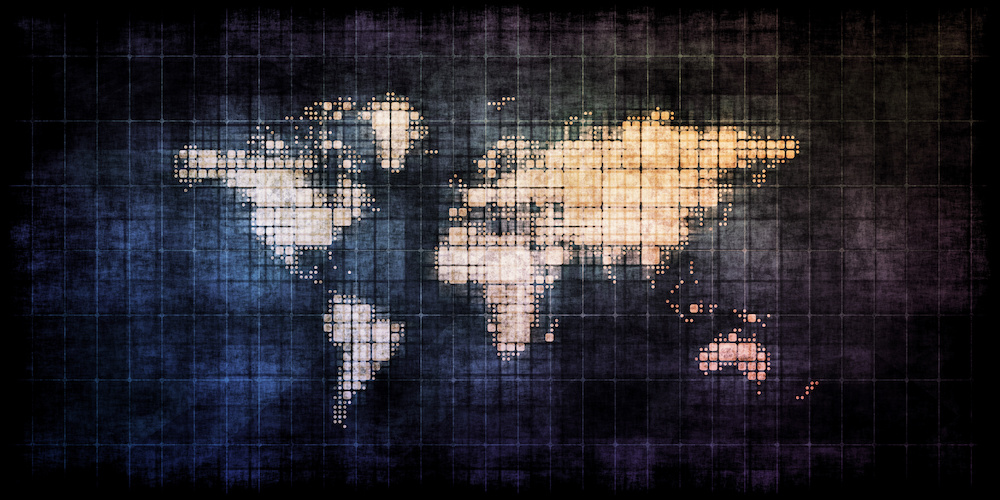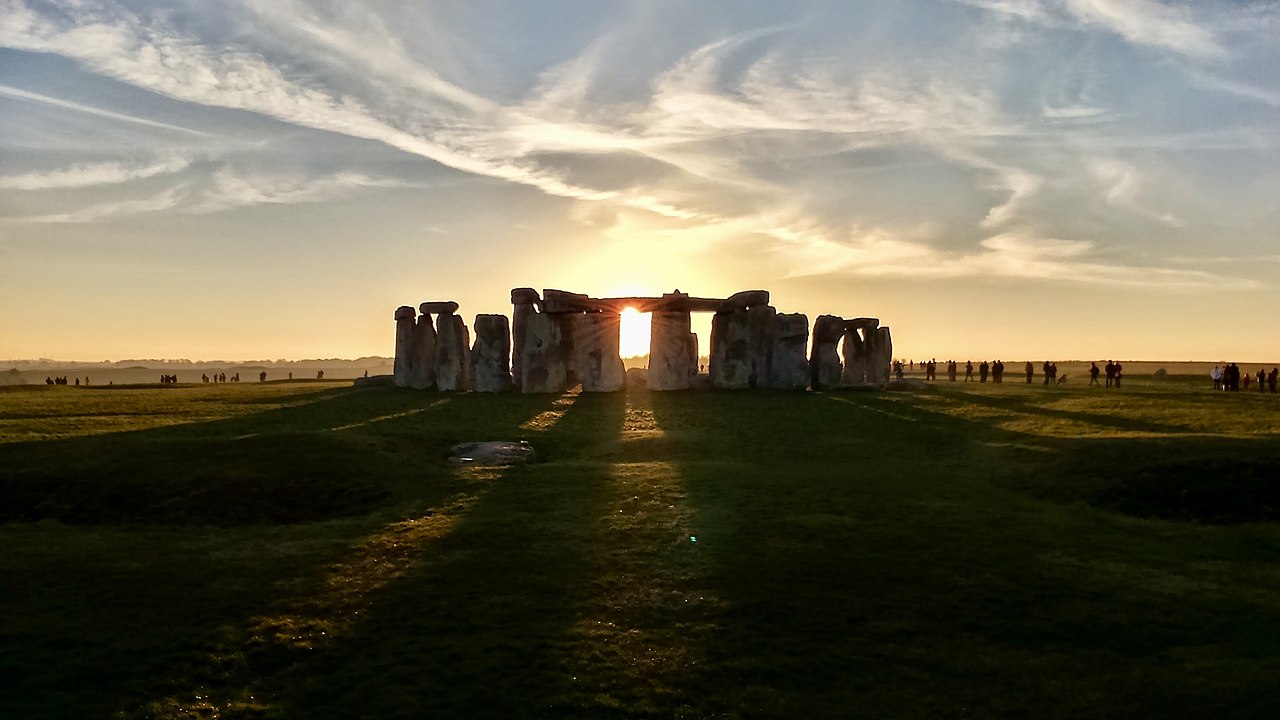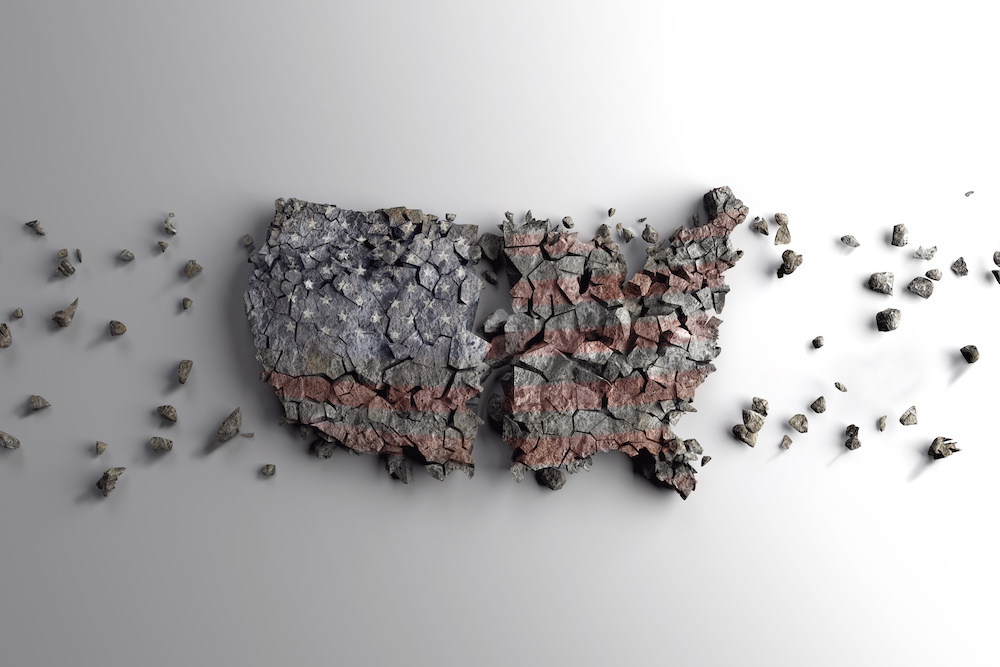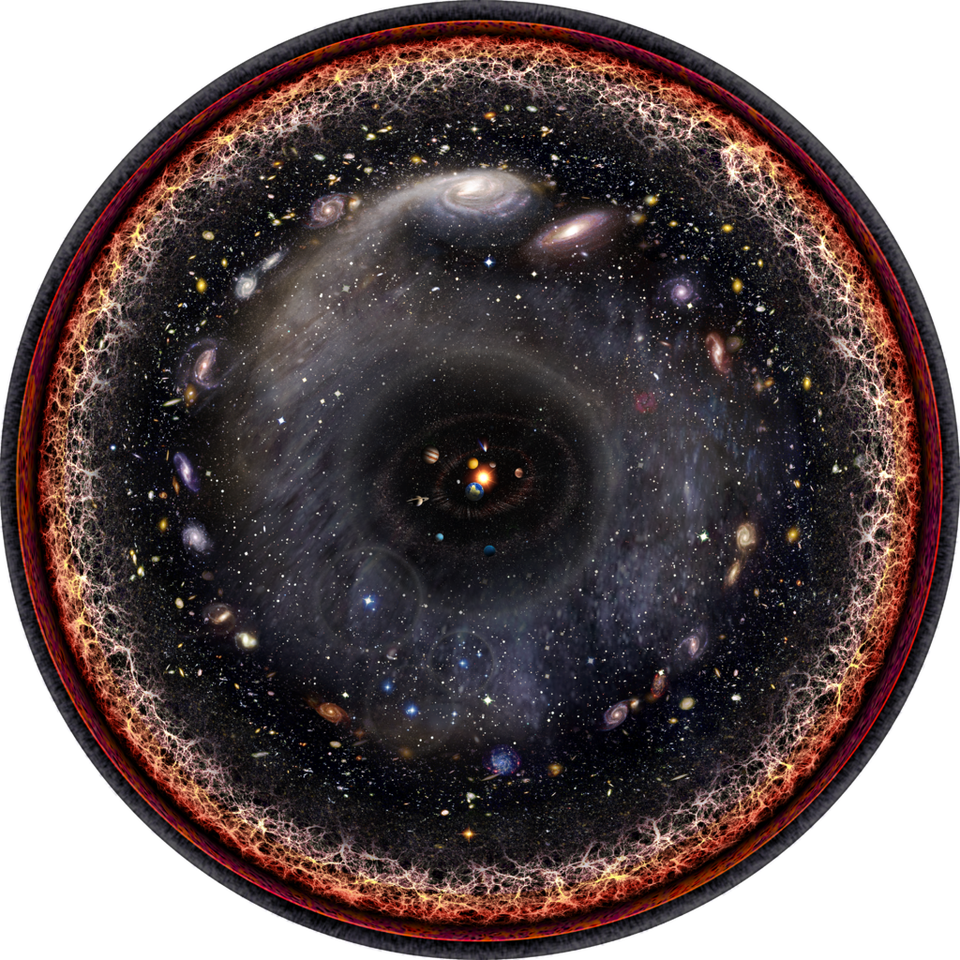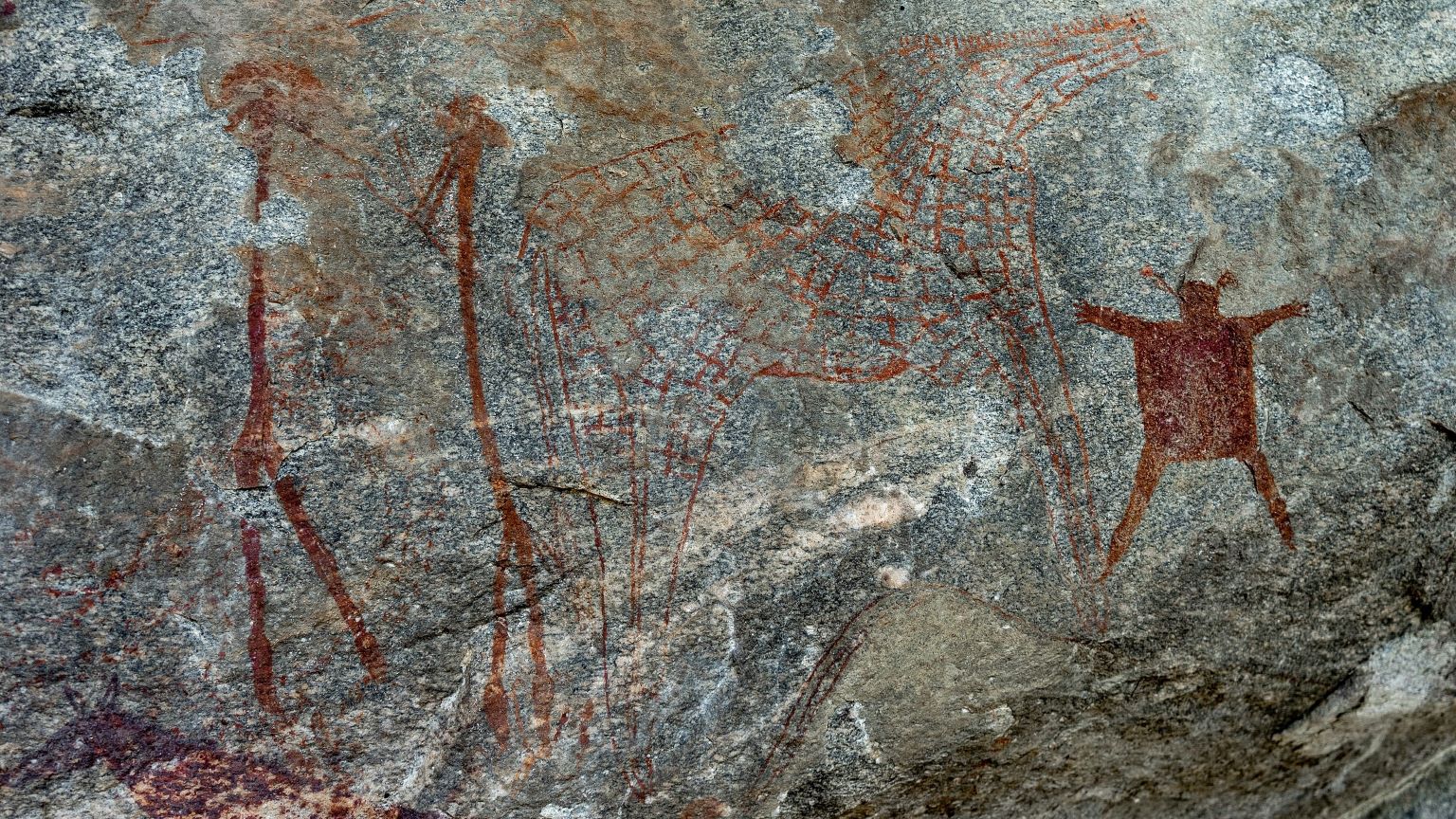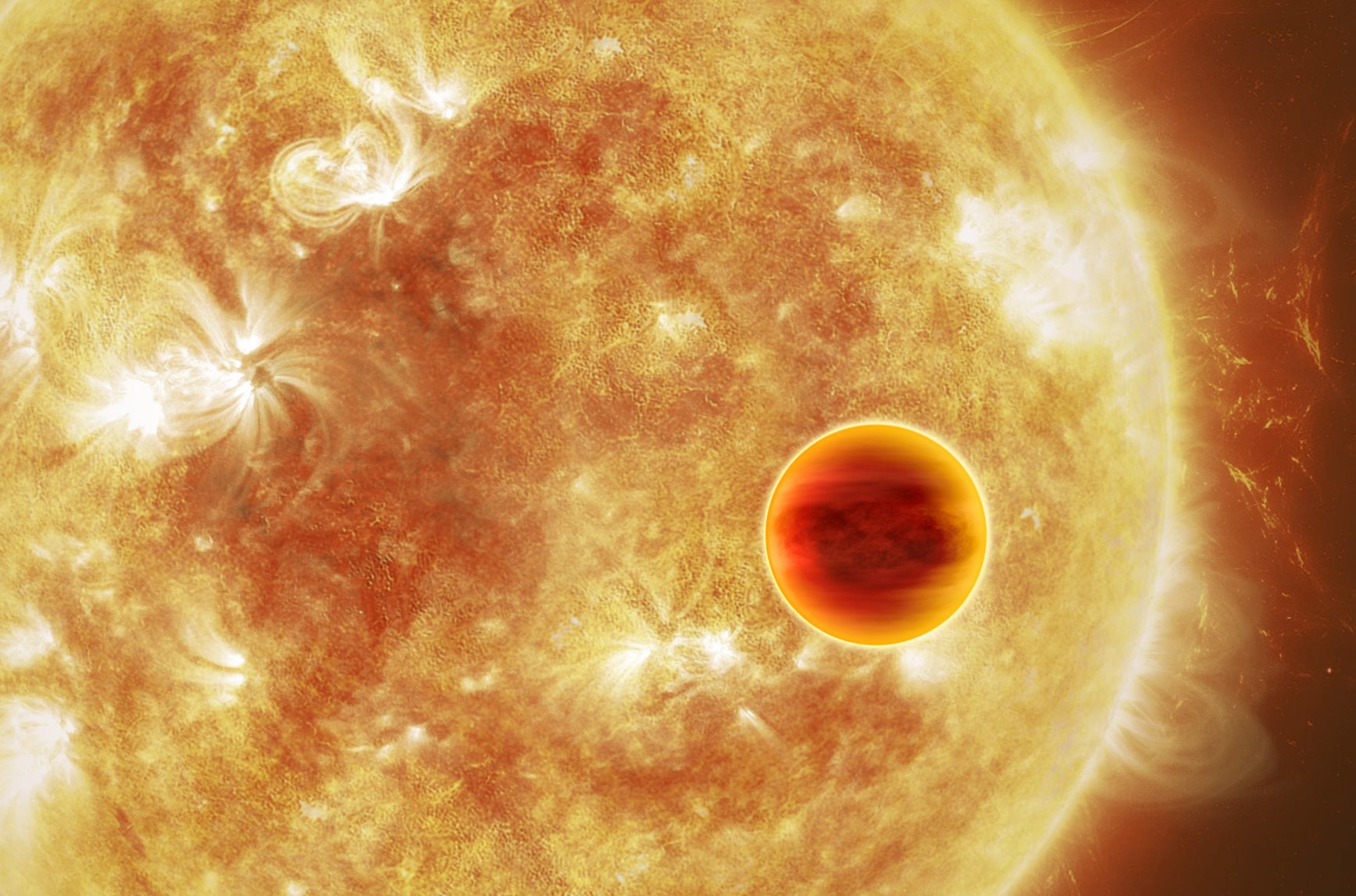A famous explorer’s doomed ship is finally found 107 years after it was lost to the Antarctic deep.
An expert explains the emerging science of nutrigenomics.
Edible electronics, devices that can be broken down and digested, could perform many useful functions inside the body.
Gigantic ranges called “supermountains” formed twice in Earth’s history, and they may have had a profound influence on evolutionary history.
In the shadow of the Shard, the mosaics help paint a picture of Roman London.
Do the health risks outweigh the benefits?
Despite all that we’ve learned about the Universe, there remain unanswered, and possibly unanswerable, questions. Could “God” be the answer?
Any dataset that can be quantified over time can be turned into a contest that is both exciting and (a little bit) enlightening.
From a desert oasis to the Rocky Mountains, being filled with awe makes me a better scientist.
Too many people still view stay-at-home dads as feckless deadbeats, but their acceptance is an important step toward gender equality.
The human brain is only the latest chapter in the ancient story of thinking on Earth.
Astronomers used supercomputers and an international network of antennas to create the stunning map.
Shortly after planet Earth formed, life took a permanent hold on our surface. But just how common is such an outcome?
A ten-minute visit from a therapy dog reduces emergency room patients’ pain and anxiety.
Executive coaching is a forward-thinking investment in leadership that can empower high-potential individuals to achieve greater success.
We cannot deduce laws about a higher level of complexity by starting with a lower level of complexity. Here, reductionism meets a brick wall.
The very concept of a “problem with no solution” goes against human nature. But we must accept this harsh reality to have peace in our lives.
Africa has the most universities in the 2022 rankings with over two thirds of the world’s youngest universities.
If dark matter exists in a large halo in our galaxy, made up of particles, then it’s passing through us constantly. But how much?
Pet owners have consistently reported higher levels of social capital in their communities than people without pets.
Recent geopolitical turning points, like Brexit and the 2016 U.S. presidential election, were chapters in a story that extends decades back in world history.
Researchers speculate the famous monument was one of the world’s first solar calendars, possibly inspired by trade with ancient Egyptians.
“What am I missing?” is a question that journalist Mónica Guzmán thinks more people should start asking.
When we look out at the Universe, even with Hubble, we’re only seeing the closest, biggest, brightest galaxies. Here’s where the rest are.
A computer that could decidedly pass Alan Turing’s test would represent a major step toward artificial general intelligence.
The dark genome makes up 98% of human DNA. Scientists are just beginning to understand its role in cognitive disorders.
As always, aDNA research raises as many questions as answers.
Some economists predict China’s economy will overtake the U.S. economy by 2028.
There’s a limit to how large planets can be, and it’s only about double the radius of Jupiter. At least, so far.
MIT neuroscientists have identified a population of neurons in the human brain that respond to singing but not other types of music.






